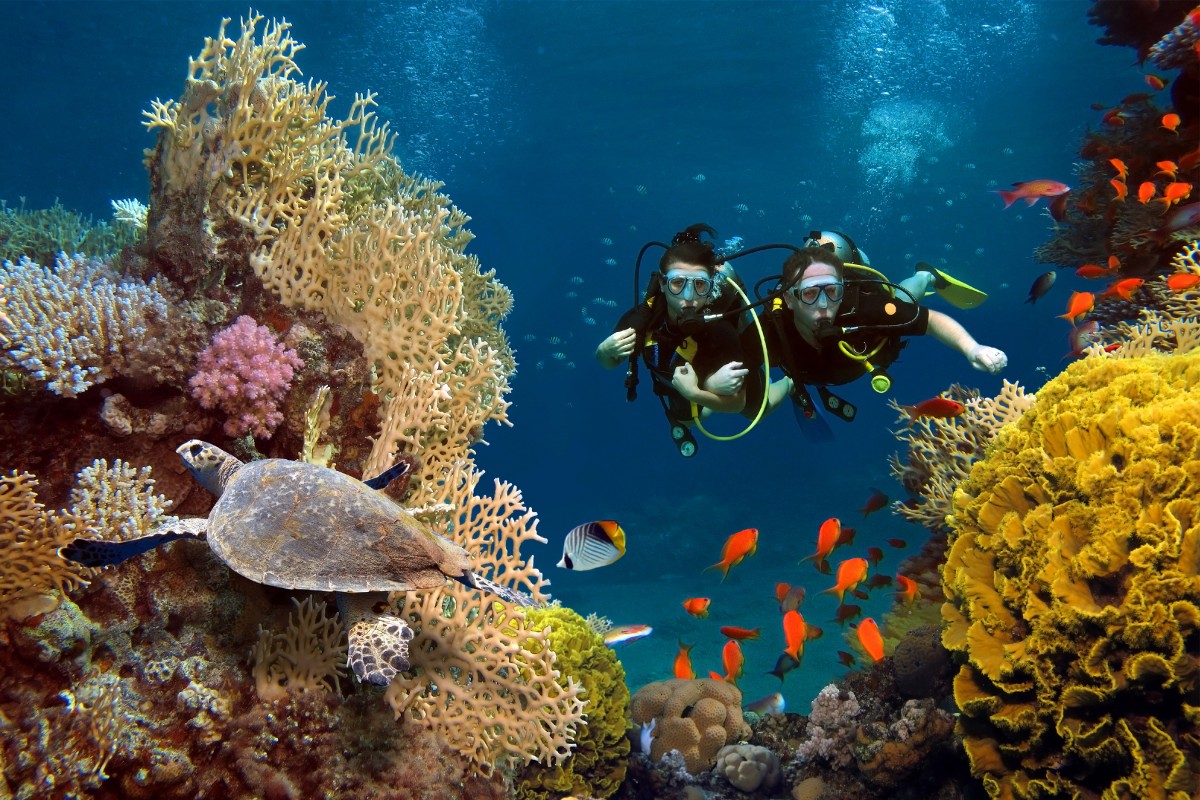
The underwater world is beautiful, so it’s not surprising that many people like diving activities. Thailand’s sea has many diving spots in both the Gulf of Thailand and the Andaman Sea. Scuba diving is diving to the bottom of the sea to see coral reefs at great depths and thus requires the use of various types of rescue equipment, especially regulators and breathing cylinders.
Additionally, before diving, individuals who want to learn how to scuba dive must complete a special training program and obtain a valid diving card because improper scuba diving instruction can be fatal.
For those who have received a diving card properly, they should not dive deep alone because according to diving safety rules around the world, the buddy system or having a friend to help while underwater. In addition, most scuba diving sites require a boat to travel and have a divemaster who has expertise in diving to the destination. Those interested are therefore advised to contact diving tours which organize group dives as it is more convenient and safer.

However, it is advised to use weighted lead as little as possible to prevent sinking into the coral reef. You should also try to swim flat as much as possible, keep your eyes forward or downward, avoid swimming too close to the coral reef to avoid having your body hit it by strong currents, and avoid somersaulting or turning over because the air tank may strike the coral unintentionally, control the use of fins, be careful not to touch the coral reef, avoid diving down to the ground. In the case of inexperienced people, should slowly climb down the anchor line, keep the equipment that is the rigging line in order because it always hooks up to the coral, do not collect anything from the sea, whether it is coral or coralline, do not stand resting on the coral and touch the coral reef, do not touch or touch any aquatic animal, do not chase and observe from a considerable distance, especially large animals such as manta rays or whale sharks, as this will cause them to become frightened and may refuse to approach divers again. If you find garbage under the sea, please collect it in the trash on the boat or at the shore, mooring the boat with the mooring buoy of the national park or the area designated by the national park.
Source: National Institute of Development Administration (NIDA)
Tel:+66 2 727 3000